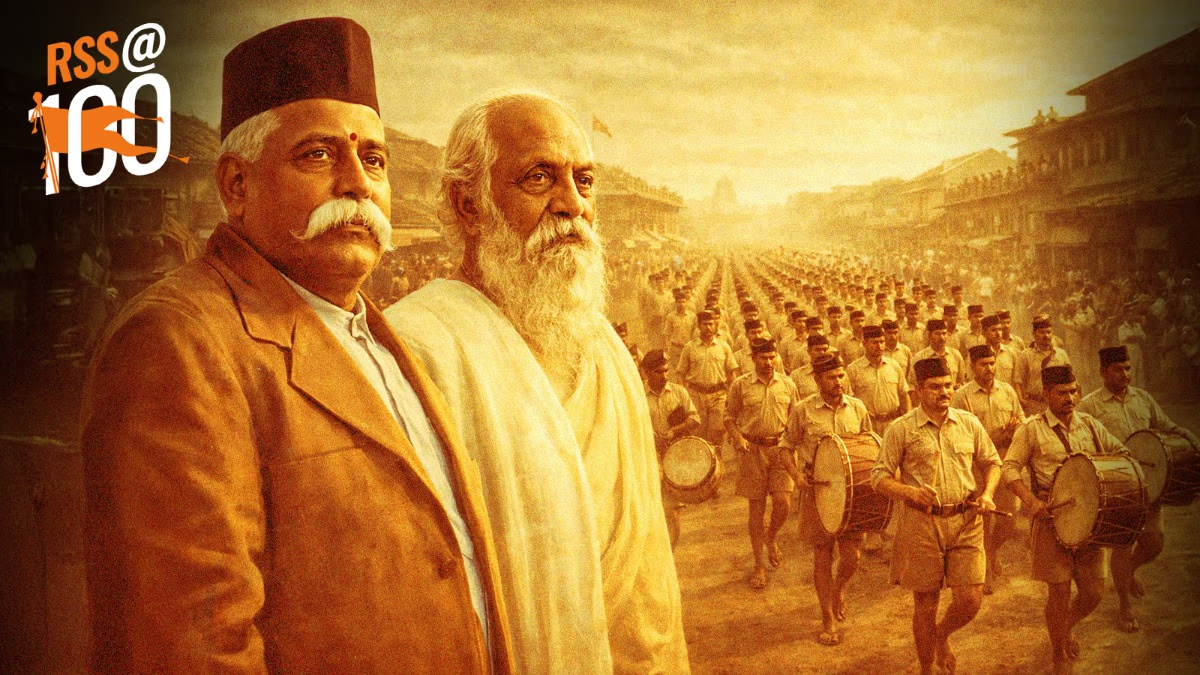In Bangalore, Atul Subhash Modi, an AI engineer, has become the center of attention due to his suicide case. On December 9, Atul Subhash ended his life by hanging. In his suicide note, he charged his wife Nikita Singhania and her relatives with being responsible for his demise.
Before his death, Atul posted a video lasting about one and a half hours, alongside a 24-page suicide note. He accused his wife Nikita and her relatives of consistently demanding money under various pretenses. Atul further alleged that they lodged numerous false cases against him. Additionally, he accused Judge Rita Kaushik of the Jaunpur family court of demanding a bribe of 500,000 rupees for a settlement.
Atul and Nikita were married in 2019, but separated just a year into their marriage. In his suicide note, Atul claimed that his wife Nikita initially sought a settlement of 10 million rupees, which was later escalated to 30 million rupees. He further mentioned that his wife filed a case on behalf of their minor son, demanding 200,000 rupees as monthly alimony.
Through his note, Atul also questioned the judicial system. Amidst this, the Supreme Court passed a significant judgment regarding alimony for wives. Justices Vikram Nath and Prasanna B. Varale highlighted 8 critical factors to be considered when determining the alimony amount, also known as Alimony.
What are these 8 factors?
1.
Social and economic status.
2.
Needs of the wife and dependent children.
3.
Qualifications and employment status of the wife and dependents.
4.
Income and assets of the applicant.
5.
Living conditions of the wife in her in-laws' home.
6.
Whether a job was left due to family responsibilities.
7.
Litigative expenses for a non-working wife.
8.
Financial capacity of the husband, his income, and alimony obligations.
Read More: Men too are vulnerable – Atul Subhash isn't alone... 7 out of 10 suicides in men
Why these guidelines?
The Supreme Court clarified that these 8 factors aren't a formula but 'guidelines'. They must be considered when deciding alimony in divorce cases.
The court cited the Kiran Jyot vs Anish Pramod Patel case, stating that alimony shouldn't be such a burden that it feels like punishment for the husband. Yet, it should be enough to ensure a better life for the divorced wife.
What’s the rule for alimony in divorce cases?
The provision for alimony for women, children, and parents is enshrined in law. It was outlined in Section 125 of the CRPC, and now in Section 144 of the BNSS.
This section mandates that a man cannot refuse alimony to his wife, children, or parents even after separation. This includes legitimate offspring. The section makes it clear that if the wife, children, and parents cannot sustain themselves, the man must provide monthly alimony.
Under what conditions does a wife receive alimony?
A wife is eligible for monthly alimony if divorced by her husband. Illness or disease, if contracted before marriage, does not disqualify the wife. She must not remarry post-divorce to continue receiving alimony.
This section also asserts that if a husband is living with another woman, promising marriage, the wife can claim divorce. In such a case, the husband is obliged to provide alimony.
When is alimony not granted?
If a wife voluntarily separates from her husband without genuine cause, lives with another man, or separates by mutual consent, she is not entitled to alimony.
Read More: 'Only 18% cases lead to conviction', Laws questioned post Atul Subhash's suicide regarding dowry and domestic violence
How is the alimony amount determined?
There is no fixed amount. Alimony is determined by a magistrate. A divorced woman, child, or parent will have their alimony amount set and possibly increased over time. However, alimony continues only until the woman remarries.
Consequences of alimony non-payment?
If one fails to pay alimony contrary to court orders, without justification, penalties can be imposed by the magistrate, along with jail time, possibly up to a month.
Entitlement to property?
A divorced wife has no claim over her husband’s ancestral property. Hindu inheritance laws since 1956 specify that a wife holds no rights over her husband's or in-laws' ancestral property.
Post-divorce, a wife can only claim property owned by her husband. Essentially, she can claim nothing that is ancestral, only what is individually his.
Children, however, can claim their father's property. If the father remarries and has more children, property is divided equally by the court.




